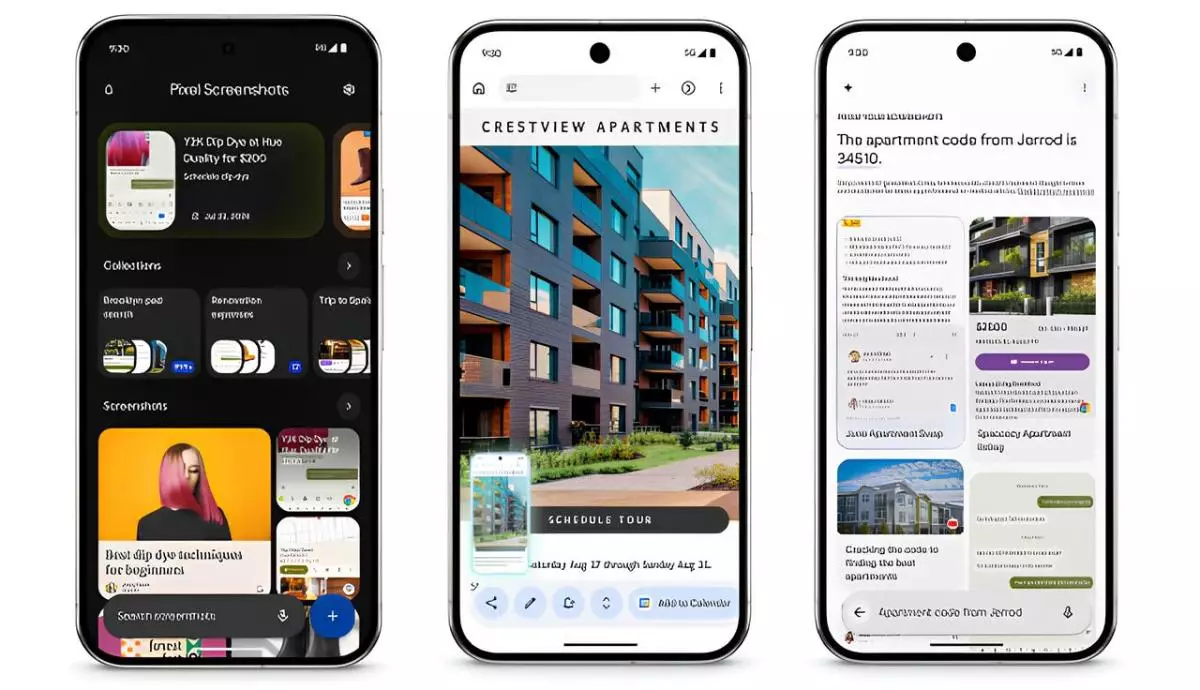One of the intriguing AI-related announcements from Google’s recent hardware event was the introduction of Call Notes for the Pixel 9 family of devices. Call Notes saves a summary of your conversation following a call, providing a convenient way to revisit important details. While the feature may be helpful for those with short-term memory challenges, there are valid concerns about privacy. Google assures users that Call Notes operates fully on-device and notifies all parties on the call when recording is in progress. However, the potential implications of storing call transcripts raise questions about data security and privacy. It will be essential for security experts to evaluate the safeguards in place to protect user information.
Another highlight from the event was Pixel Studio, an image-generating app exclusive to select Pixel devices. Powered by an on-device generative AI model and Google’s Imagen 3 model in the cloud, Pixel Studio allows users to input prompts and create unique digital artworks. The app offers features like adding stickers, making edits, and sharing creations via Google Messages. However, one notable restriction is that Pixel Studio is currently unable to generate human faces, possibly due to past controversies in AI image generation. While Google mentions on-device processing, the reliance on a steady internet connection may limit accessibility for some users. Concerns also arise about potential misuse of the app to create harmful or misleading images, highlighting the importance of implementing safeguards against such misuse.
For individuals who frequently capture screenshots for reference, Google introduced Pixel Screenshots as a new tool for Pixel 9 owners. This AI-powered app analyzes the content of screenshots, including text, people, and objects, to make them more searchable. Unlike Google Photos’ similar feature, Pixel Screenshots operates locally on the device, offering improved privacy and security for user data. The app’s capability to recognize and categorize specific content within images streamlines the search process and facilitates easy retrieval of information. With examples like searching for gift ideas or locating specific details within screenshots, Pixel Screenshots demonstrates the potential of AI to enhance user experience and productivity.
While Google’s recent hardware event showcased innovative AI-driven features like Call Notes, Pixel Studio, and Pixel Screenshots, critical considerations around privacy, security, and ethical use of AI technologies remain paramount. As users explore these new functionalities on Pixel devices, it is essential to remain vigilant about data protection and mindful of the implications of AI tools in daily use. By fostering a balance between innovation and responsibility, Google and other tech companies can empower users to leverage AI capabilities effectively while upholding ethical standards and safeguarding user privacy.

